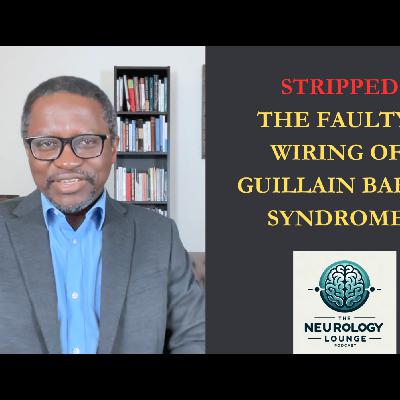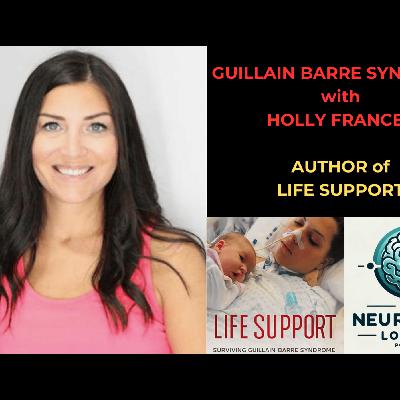Episode 76. Stripped – The Faulty Wiring of Guillain Barre Syndrome
Description
In this episode, I delve into Guillain Barre syndrome, a relatively common neurological disorder. I discuss the clinical manifestations of the disease which range from fairly rapid weakness and sensory impairment to pain and breathing difficulty. I also detail the long road to recovery from the disease. The podcast also discusses the almost limitless triggers for GBS, from infections and vaccinations to trauma and childbirth.
I also review the pathology of the disease, explaining how a wide range of antibodies target the fatty myelin covering of the nerves to reduce the efficiency of electrical nerve transmission. The podcast also highlights the investigations of GBS, particularly spinal fluid analysis and nerve conduction studies, and the treatment of the disease, which canter around immune modulating agents.
I also chronicle the history of the terminology of GBS, following the work of the three French physicians, Georges Guillain, Jean Alexandre Barré, and André Strohl. I refer in this theme to the book 'Guillain-Barre Syndrome: From Diagnosis to Recovery', by Gareth Parry and Joel Steinberg.
I illustrate the clinical aspects of GBS with such graphic patient memoirs as those of Carole Williams, titled 'Chaos in Body and Mind', of Meg Lumsden, titled 'Unknown', of Wenesday Ketron titled 'Geeyahn What?', of Scott Earle titled 'The Wave of Guillain Barre Syndrome', and of Robin Sheppard titled 'A Solitary Confinement'.
























